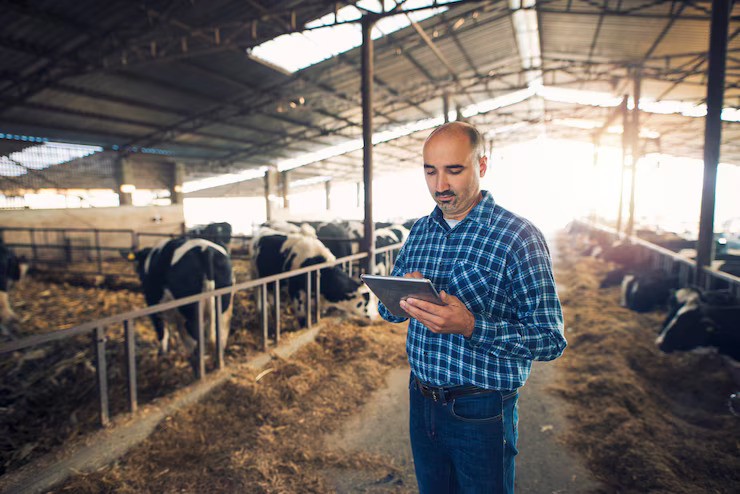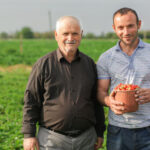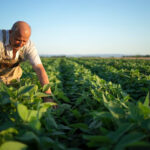Farming has always been a business shaped by unpredictability—weather, market prices, input costs, and shifting government policies all play a role in a farm’s profitability. In today’s globalized and fast-changing economy, future-proofing your farm is not just a smart strategy—it’s essential for survival and growth. To stay resilient, farmers must think beyond immediate returns and adopt practices that create long-term stability, flexibility, and profitability.
One of the most effective ways to future-proof your farm is through diversification. Relying on a single crop or livestock line increases vulnerability to market crashes, pest outbreaks, or climate-related disruptions. Farms that grow a variety of crops, raise different types of animals, or even integrate other enterprises like agro-processing, agritourism, or farm-based education are better positioned to weather economic storms. A diverse operation spreads risk and opens up new revenue streams that can buffer the impact of downturns.
Embracing technology is another powerful step toward future-proofing. Precision farming tools, such as GPS-guided equipment, drone surveillance, and soil sensors, allow for more efficient resource use and better decision-making. These technologies reduce waste, cut costs, and improve yields, making farms more competitive in tough markets. In addition, digital platforms for marketing, record-keeping, and logistics help streamline operations and connect directly with consumers.
Building strong financial foundations is equally important. This means maintaining clear financial records, reducing unnecessary debt, and creating savings buffers for lean seasons. Budgeting with conservative estimates and planning for price volatility can prevent financial stress. Some farmers also consider crop insurance or forward contracts to lock in prices and protect against unpredictable losses.
Sustainability and regenerative farming practices are gaining traction as ways to safeguard the farm’s long-term productivity. Practices like cover cropping, reduced tillage, water conservation, and integrated pest management not only reduce dependency on costly inputs but also improve soil health and resilience to climate change. More consumers and buyers are also seeking sustainably grown produce, giving eco-conscious farmers a competitive edge in the market.
Staying informed and adaptable is another crucial trait. Economic trends can shift quickly due to global events, policy changes, or consumer preferences. Farmers who regularly attend training, stay updated on market trends, and seek expert advice are better prepared to adjust strategies when conditions change. Being open to new ideas and ready to pivot when needed can make the difference between stagnation and growth.
Strengthening relationships within the value chain also provides stability. Building reliable partnerships with suppliers, processors, buyers, and cooperatives can create consistent market access, negotiate better prices, and share knowledge and resources. Some farmers even explore direct-to-consumer models like farmers’ markets, subscription boxes, or online sales to reduce reliance on middlemen and gain better profit margins.
Investing in the next generation is another long-term strategy. Whether through family succession planning or hiring skilled young professionals, preparing future leaders ensures continuity. Younger generations often bring new ideas, digital skills, and a fresh perspective that can help the farm adapt to modern challenges.
Future-proofing your farm against economic shifts requires a combination of diversification, technology adoption, sound financial management, sustainability, and adaptability. While the future may be uncertain, farmers who take proactive steps today will be better equipped to thrive, no matter what tomorrow brings.







